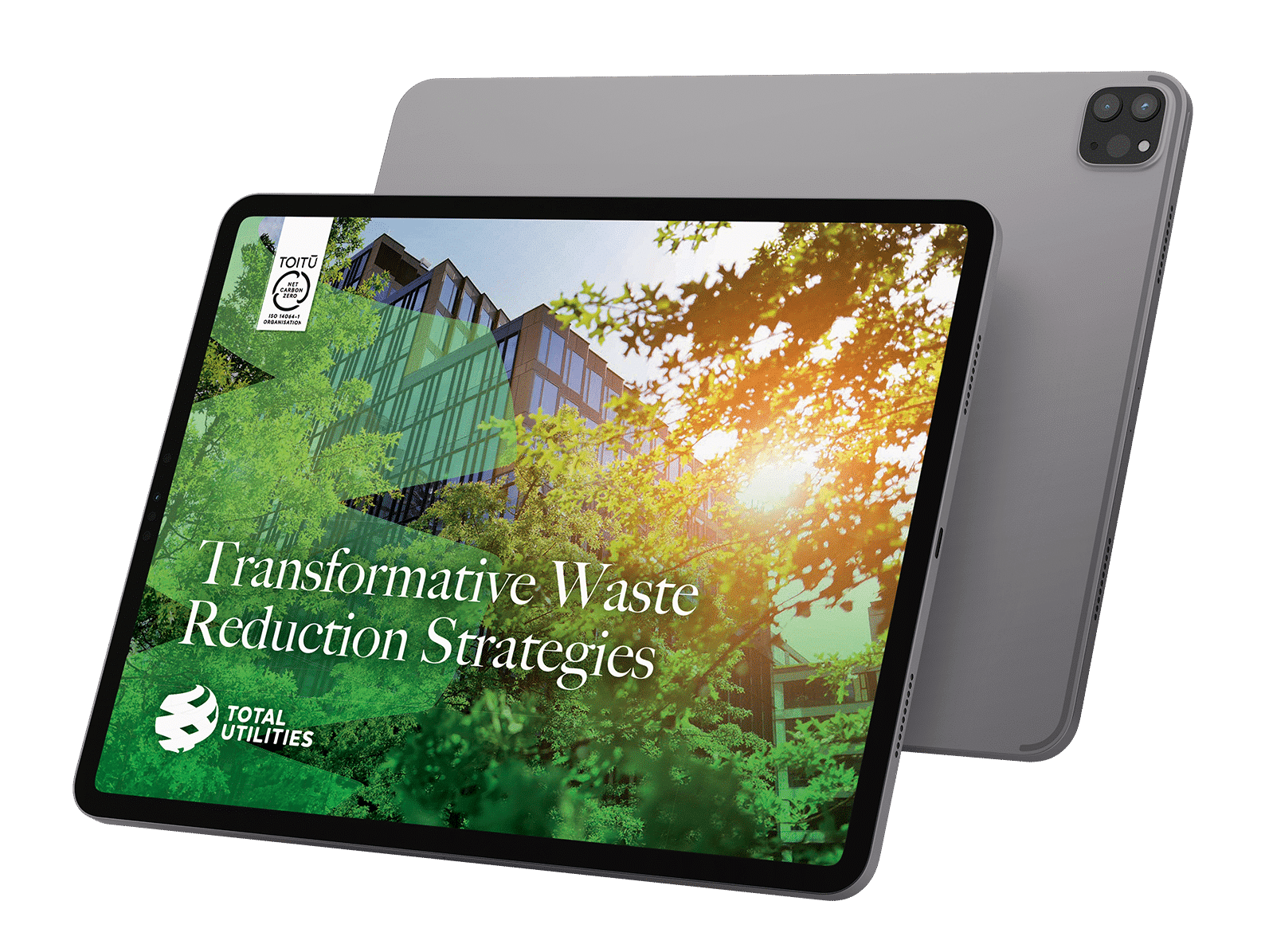Waste to Landfill Diversion and Reduction
Waste diversion refers to the process of redirecting waste away from landfills through methods such as recycling, composting, reusing, and repurposing. It’s a key component of the circular economy and a vital step toward achieving sustainability goals. Total Utilities supports businesses in reducing landfill waste by identifying opportunities for waste minimisation, optimising resource use, and implementing tailored diversion strategies.


Why Partner With Us?
Expertise and Insight: we bring specialised knowledge of waste streams, local regulations, and best practices. Total Utilities can identify opportunities that may not be obvious to internal teams and tailor solutions to your specific industry and operations.
Cost Savings: Reducing landfill waste can significantly cut disposal costs, especially with increasing landfill levies. Total Utilities can help optimise waste handling processes, often uncovering savings in logistics, materials, and procurement.
Compliance and Reporting: Our Utility Insights reporting service helps you track waste and recycling consumption, costs and carbon emissions. This data can assist your business with reporting requirements for certifications like Toitū or ISO 14001
Proven Results: Waste to Landfill Reduction Success Stories

Transforming trash to triumph for leading hotel group

Turning the tide: Total Utilities competitive contracts reshape a Christchurch College’s waste strategy.

Waste Wins: Mitre 10 & Dilworth School
Whether you're a manufacturer, retailer, hospitality provider, or office-based business, Total Utilities can help you:
- Conduct waste audits
- Develop tailored diversion strategies
- Implement recycling and composting systems
- Track and report progress
- Achieve sustainability certifications
